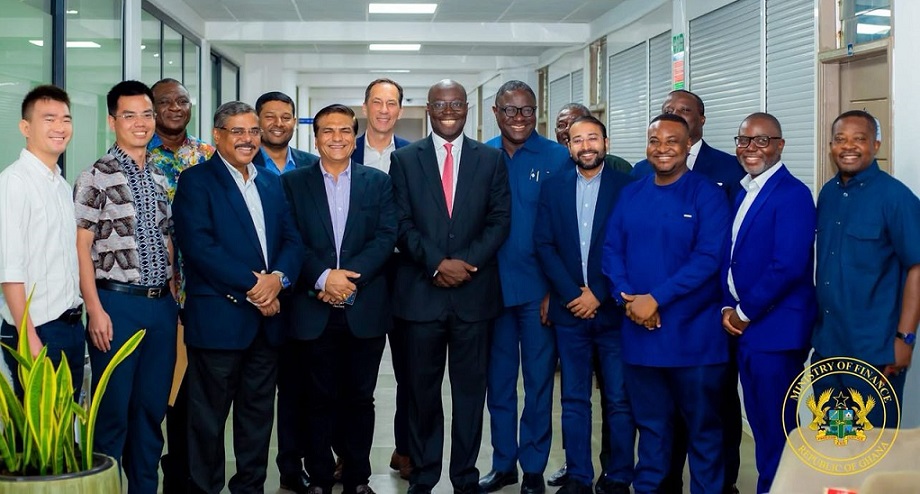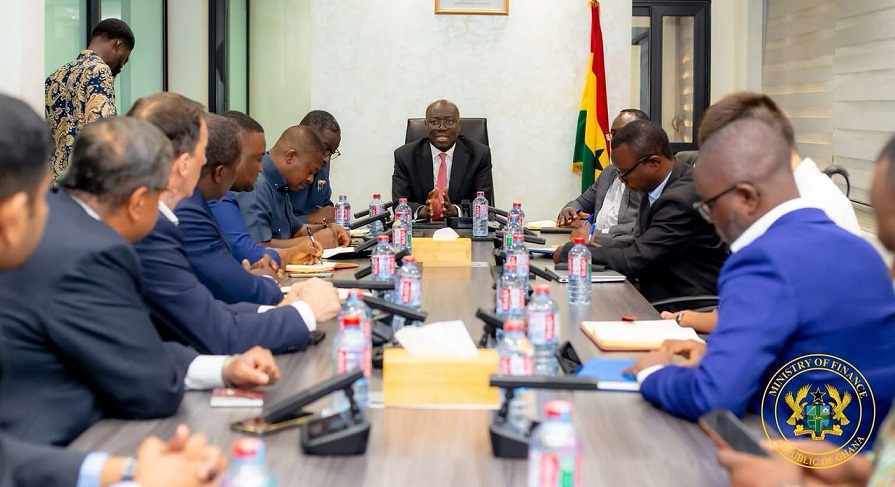The Government of Ghana is set to introduce a policy requiring all state agencies to procure certain essential goods exclusively from local producers.
This initiative, announced by Finance Minister Dr. Cassiel Ato Forson during a meeting with the leadership of the Association of Ghana Industries (AGI), aims to strengthen Ghana’s industrial sector, create jobs, and reduce dependency on imports.

Dr. Forson emphasized that no country can develop without a strong industrial base, and while trade is important, Ghana must adopt deliberate policies to promote local production. He questioned why the country continues to import basic commodities such as sugar and rice, despite having the capacity to produce them locally.
“To support our local industries, the government will soon publish a list of items that all public sector agencies must procure locally. This will ensure that government procurement serves as a tool to develop our industries,” he stated. “Going forward, any government procurement from outside Ghana will require special approval from the Office of the President.”
The finance minister also highlighted the urgent need to curb the smuggling of goods, which he said is crippling local businesses. He revealed that the government has identified key smuggling routes and will soon announce strict measures to stop the influx of smuggled goods that unfairly compete with locally manufactured products.
As part of the broader industrial strategy, Dr. Forson called for a working session with industry leaders to explore how local businesses can actively participate in the government’s 24-hour economy programme to drive production and economic expansion.

AGI President, Dr. Humphrey Ayim-Darke, welcomed the government’s commitment to supporting local industries. He praised the minister’s budget policies and expressed optimism that continued engagement between government and industry would lead to tangible improvements in Ghana’s industrial sector.
The upcoming mandatory local procurement policy is expected to provide a significant boost to Ghanaian manufacturers, ensuring that government spending contributes directly to the growth of local businesses and the expansion of the national economy.
